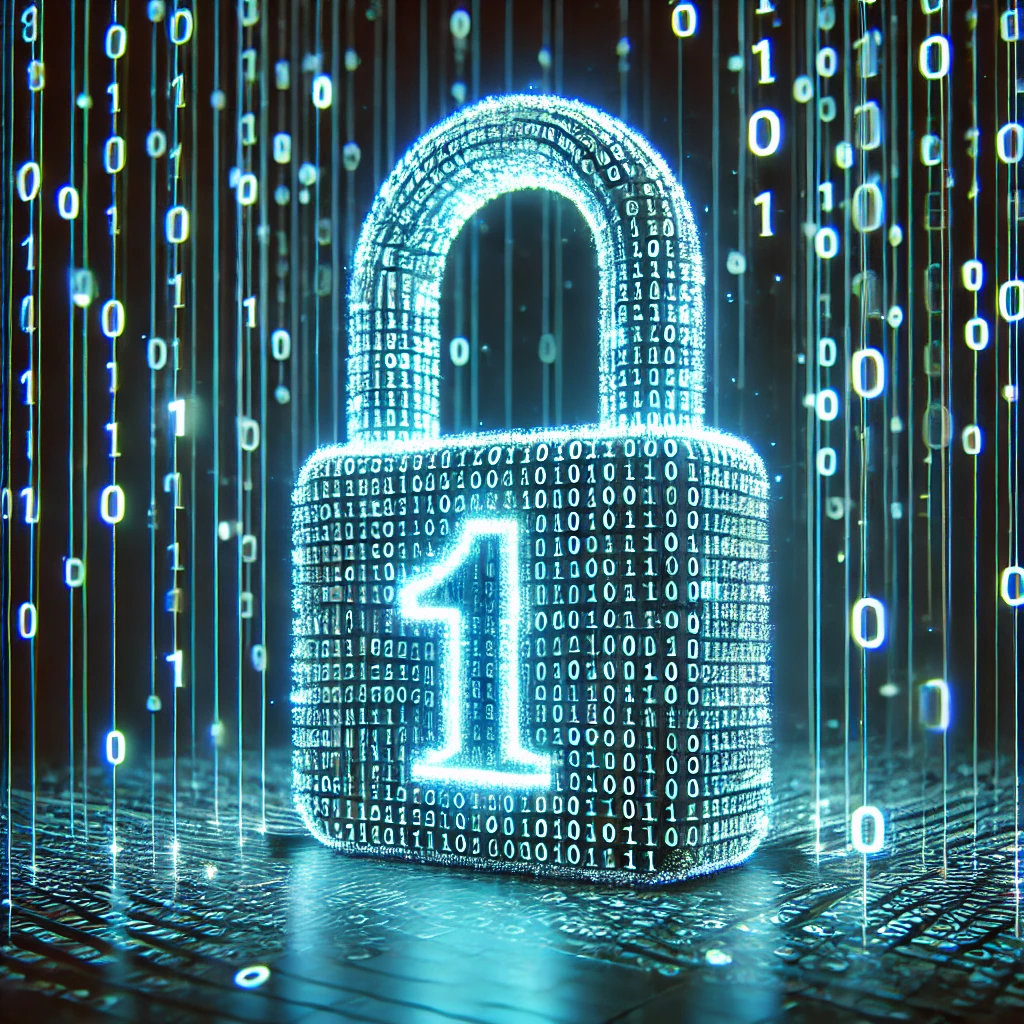
Why Cybersecurity Matters More Than Ever: Protecting Your Digital World
Share
In an increasingly digital world, cybersecurity isn't just a concern for tech companies or government agencies—it's a fundamental necessity for everyone. From individuals checking their emails to multinational corporations handling sensitive customer data, we rely on the Internet to store, share, and manage our most valuable information. However, with this convenience comes risk, and the consequences of ignoring cybersecurity can be devastating.
What Is Cybersecurity?
Cybersecurity refers to the practice of protecting systems, networks, and programs from digital attacks. These attacks are typically aimed at accessing, altering, or destroying sensitive information, extorting money from users, or disrupting normal business processes.
Cybersecurity is not a one-time fix—it's an ongoing commitment. As technology evolves, so do the methods used by cybercriminals. It’s a digital arms race, and remaining ahead requires vigilance, education, and the right tools.
The Growing Threat Landscape
In recent years, we've seen a surge in cybercrime. Ransomware attacks, data breaches, phishing scams, and identity theft are becoming more sophisticated and widespread. Here are just a few eye-opening statistics:
· A cyberattack occurs every 39 seconds.
· Ransomware damage costs are projected to hit $265 billion annually by 2031.
· Human error is responsible for 95% of cybersecurity breaches.
· Every 14 seconds, a company falls victim to a ransomware attack, which can result in devastating financial losses,
· 560,000 new pieces of malware are detected every day.
These numbers aren’t just statistics—they represent businesses that shut down, individuals left financially ruined, and trust broken.
The Real-World Risks of Neglecting Cybersecurity
Failing to take cybersecurity seriously can have serious consequences:
1. Financial Loss
From fraudulent transactions to ransom payments, the financial fallout of an attack can be enormous. Small businesses are especially vulnerable, often lacking the resources to recover.
2. Reputation Damage
Once a company suffers a data breach, regaining customer trust can be incredibly difficult. Public perception matters, and consumers are less likely to engage with businesses that have a history of poor security.
3. Legal Consequences
Many industries are subject to regulations (like GDPR, HIPAA, or CCPA). Failing to comply with cybersecurity standards can result in hefty fines and legal action.
4. Loss of Data
Some data is critical or irreplaceable—family photos, intellectual property, and vital documents. A single breach can lead to permanent loss if proper backups aren't in place.
5. Operational Disruption
Attacks like Distributed Denial of Service (DDoS) can bring operations to a standstill, costing time, money, and productivity.
Taking Cybersecurity Seriously: Where to Start
You don’t have to be an expert to take meaningful steps toward better cybersecurity. Here are some essential practices:
• Use strong, unique passwords and enable two-factor authentication.
• Keep software and systems updated.
• Educate yourself and your team about phishing and social engineering.
• Back up your data regularly.
• Use firewalls and antivirus software.
• Develop an incident response plan.
Final Thoughts
Cybersecurity is everyone’s responsibility. Whether you're a solo entrepreneur, a CEO, or just someone browsing the internet at home, taking proactive steps to protect yourself online is no longer optional—it's essential.
Ignoring cybersecurity won’t make the risks go away. It merely increases your chances of becoming the next victim. However, with the right mindset and practices, you can significantly reduce your vulnerabilities and navigate the digital world with greater confidence and peace of mind.
Stay safe, stay smart, and stay secure.
